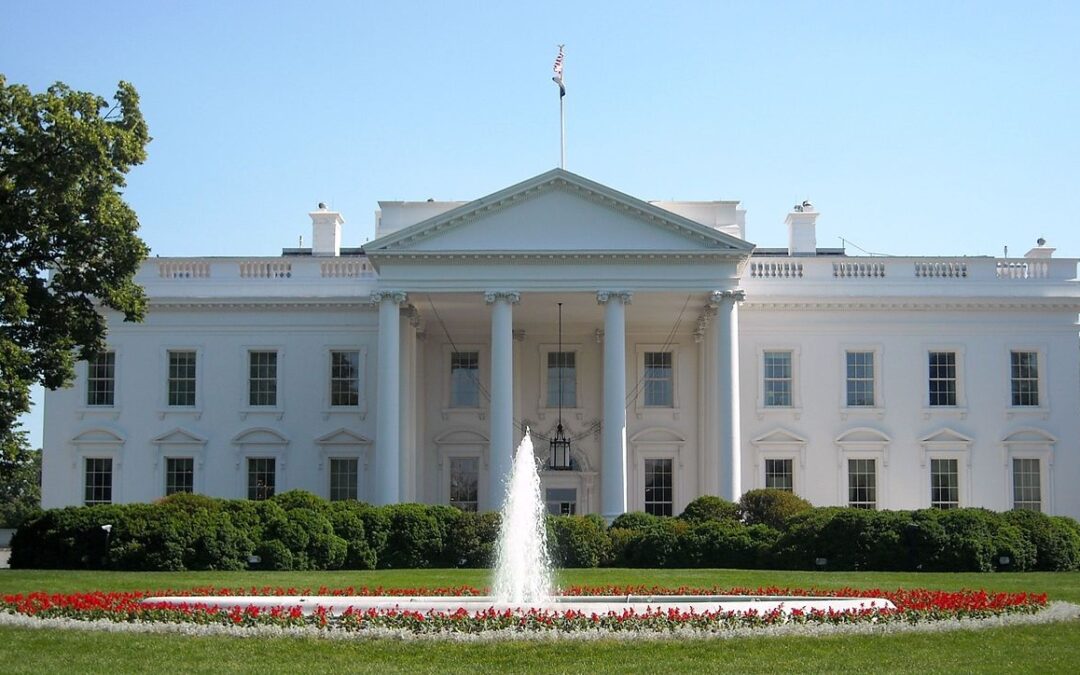Yesterday President Trump signed an executive order directing federal agencies to waive environmental regulations to speed up infrastructure projects under the auspices of responding to the “economic emergency” presented by the COVID-19 pandemic. The good news is that the Order does not attempt to create a blanket waiver of environmental regulations, but is limited to directing agencies to use existing emergency authorities to expedite projects.
Nonetheless, ACRA, along with its partners at the Coalition for American Heritage, has concerns that agencies will invoke the Order to limit public involvement in federal projects, to deprive tribal governments of their rights to consultation, and to limit consideration of impacts to historic properties and cultural resources.
The Executive Order directs agencies to use emergency authorities they already have under the National Environmental Policy Act (NEPA), the Endangered Species Act (ESA), and the Clean Water Act (CWA), and to review all statutes, regulations, and guidance documents that provide emergency or expedited treatment—which includes the National Historic Preservation Act (NHPA) regulations at 36 CFR 800.12.
Our concerns include:
- Emergency authorities have traditionally only been used to respond to emergency threats to national security and natural disasters. It is unclear whether existing emergency authorities can be invoked to respond to an economic slowdown.
- The Order does not give an end date or any indication of when the Administration would decide the economic effects of the public health emergency have improved enough to return to the normal course of business.
- Some emergency authorities, such as those in NEPA, do not require public notice that they are being applied. We are concerned that agencies will apply emergency procedures inappropriately, and we will not learn about it in time to object or litigate.
- Invoking emergency authorities when not consistent with existing law will increase litigation risk for infrastructure projects and their proponents, creating uncertainty and delays for projects.
The Order puts considerable pressure on agency heads to expedite projects, requiring that they submit reports in 30 days of how they are using the Order.
Members of Congress have already expressed their disapproval (see Speaker Pelosi’s statement here and Chairman Grijalva’s statement here). ACRA and its partners in the Coalition will be communicating its concerns to Congress and to the agencies.
How You Can Help
Our greatest strength is our network of advocates across the country. Please let us know when you see agencies attempting to invoke this Order on projects on which you work, or even projects you hear about. We need to know how the Order is being applied so that we can formulate the most effective responses.
As we learn more about the implications of this Executive Order, we will continue to update you and the CRM community on this. Visiting the ACRAsphere is the quickest way to get the most up to date information, as well as following us on both Facebook and LinkedIn.

